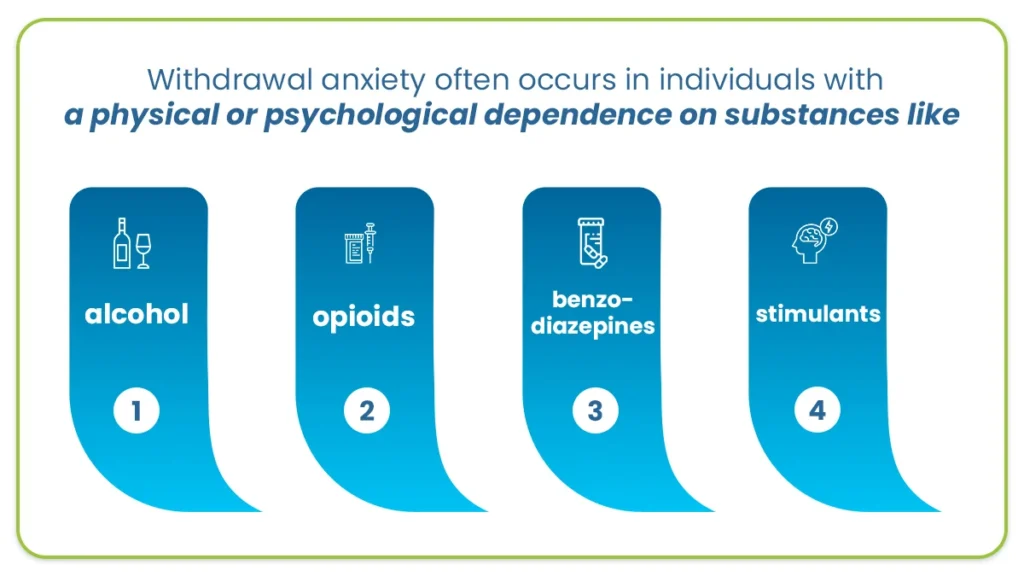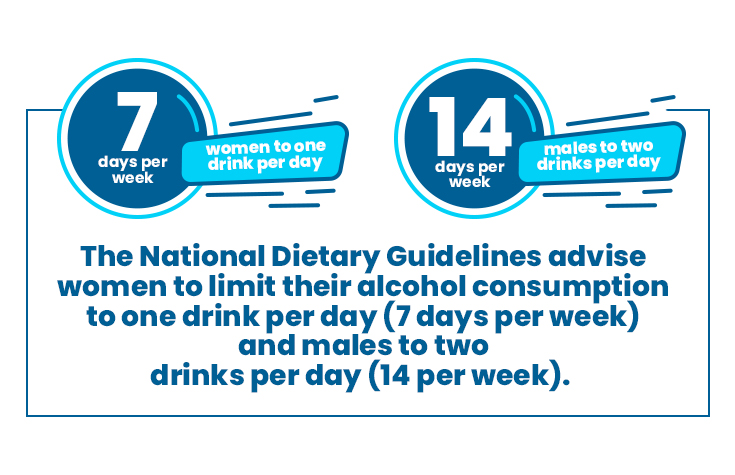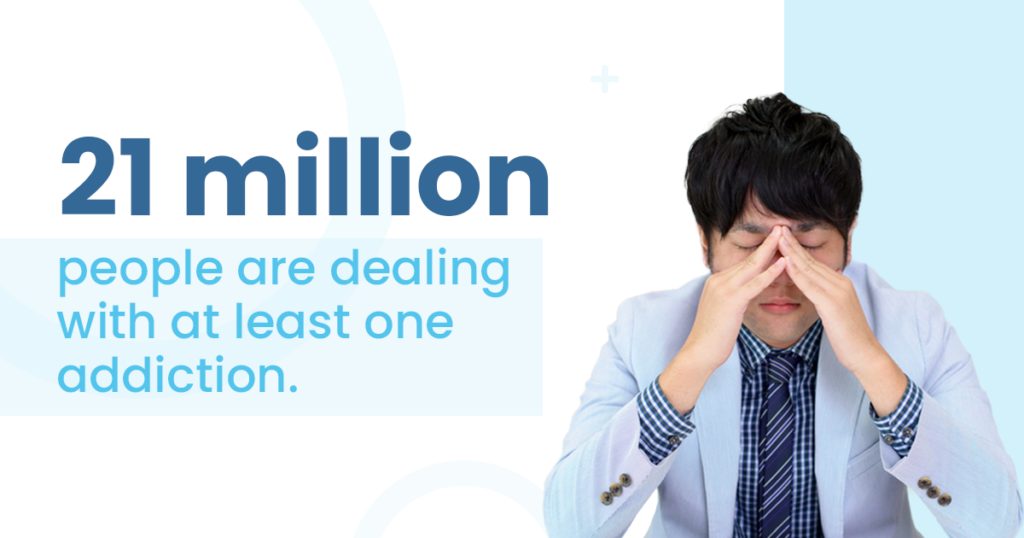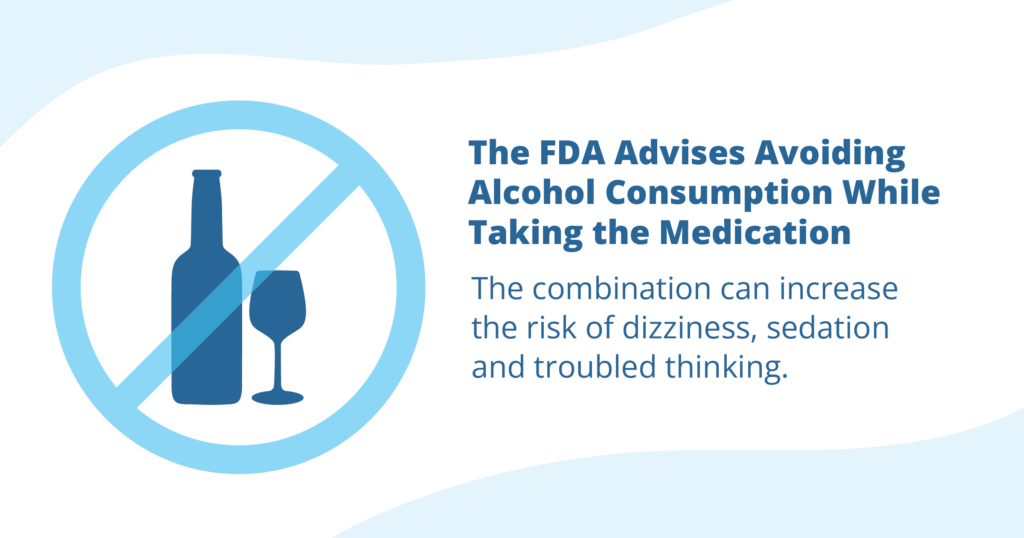Withdrawal anxiety refers to the distress and unease experienced when trying to quit or reduce dependence on substances or behaviors.
Withdrawal anxiety is characterized by heightened nervousness, restlessness, irritability, and an overwhelming sense of unease. These symptoms can be physical and psychological, often making the withdrawal process challenging and uncomfortable.

Understanding and managing withdrawal anxiety is crucial for individuals seeking to break free from addictive patterns and embark on a path of recovery and healing.
Key Takeaways
Withdrawal anxiety can be challenging to navigate, but with proper support, treatment, and self-care, it is possible to overcome it and embark on recovery.
- Withdrawal anxiety often occurs in individuals with a physical or psychological dependence on substances like alcohol, opioids, benzodiazepines, or stimulants.
- Withdrawal anxiety can vary in intensity and duration but typically includes restlessness, irritability, increased heart rate, difficulty concentrating, and sweating.
- Seeking medical support is crucial for effectively addressing withdrawal anxiety.
If you are experiencing withdrawal anxiety, consult The Haven Detox-South Florida at (561) 328-8627 for appropriate guidance and assistance to maintain sobriety and recovery.
Why People Get Substance Abuse Withdrawal Anxiety
Substance abuse withdrawal anxiety is a complex phenomenon that affects individuals who have developed a dependence on drugs or alcohol. When these substances are abruptly discontinued or significantly reduced, the body and mind experience physiological and psychological symptoms, including anxiety.
Several key factors contribute to the development of substance abuse withdrawal anxiety.
Substances like heroin, benzodiazepines, cocaine, and alcohol directly affect the brain’s chemistry. Long-term use alters the balance of neurotransmitters, such as dopamine and serotonin, responsible for regulating mood and emotions. When the substance is removed, the brain struggles to regain equilibrium, leading to heightened anxiety levels.
Substance abuse often becomes a coping mechanism for stress, trauma, or underlying mental health conditions. The absence of the substance during withdrawal exposes individuals to the full force of their untreated psychological issues, intensifying anxiety symptoms.
Furthermore, the fear of facing life without the crutch of the substance can also contribute to withdrawal anxiety. The anticipation of experiencing physical and emotional discomfort during the withdrawal process can create a sense of fear and apprehension, exacerbating anxiety levels.
Social factors can also play a role. Individuals with substance abuse issues may experience a loss of social support when they decide to quit. This isolation and lack of understanding from others can increase anxiety and make the withdrawal process more challenging.
The physiological symptoms of withdrawal, such as increased heart rate, trembling, and sweating, can mimic the symptoms of anxiety disorders. This overlap can create a cyclical pattern, where withdrawal symptoms trigger anxiety, and anxiety, in turn, worsens withdrawal symptoms.
Addressing substance abuse withdrawal anxiety or drug cravings requires a comprehensive approach that includes medical intervention, therapy, and social support. Gradual tapering of substances under medical supervision can minimize the severity of withdrawal symptoms and subsequent anxiety.
Therapeutic techniques, such as cognitive-behavioral therapy, can help individuals develop healthier coping mechanisms and manage anxiety more effectively.
Common Signs of Withdrawal Anxiety
Withdrawal anxiety can occur by discontinuing various substances, such as drugs, alcohol, or certain medications. Recognizing the signs of withdrawal anxiety is crucial to seek appropriate support and intervention.
The common withdrawal symptoms of anxiety are physical, emotional, and cognitive, including:
Physical Symptoms
- Sweating: Excessive sweating, especially in the palms, is a common physical symptom of withdrawal anxiety. The body’s stress response is activated, leading to increased perspiration.
- Tremors: Individuals experiencing withdrawal anxiety may develop trembling or shaking in their hands, limbs, or other body parts. These tremors can be mild to severe.
- Increased heart rate: Heart palpitations, racing heartbeat, or an irregular pulse are often experienced during withdrawal anxiety. The body’s response to stress can lead to an elevated heart rate.
- Muscle tension: Withdrawal anxiety commonly manifests as muscle tension and tightness. This can cause discomfort and pain in various muscle groups.
- Gastrointestinal issues: Nausea, vomiting, diarrhea, and stomach cramps are frequently reported during withdrawal anxiety. The digestive system can be highly affected by the stress response.
Emotional and Cognitive Symptoms
- Restlessness: Individuals undergoing withdrawal anxiety experience a sense of restlessness. A sense of unease or agitation may accompany this restlessness.
- Irritability: Withdrawal anxiety can lead to heightened irritability and a decreased tolerance for frustration. Minor inconveniences or setbacks may provoke an outsized emotional response.
- Anxiety and panic: Feelings of anxiety and panic are prevalent during withdrawal. This can manifest as excessive worry, fear, and impending doom.
- Poor concentration: Difficulties with concentration, memory, and focus are common cognitive symptoms of withdrawal anxiety. Mental fog and the inability to think clearly can be frustrating and impair daily functioning.
- Insomnia: Many individuals experiencing withdrawal anxiety struggle with sleep disturbances, such as difficulty falling asleep, staying asleep, or having restless and non-restorative sleep.
It is important to note that severe anxiety withdrawal symptoms can vary in intensity and duration depending on factors such as the substance or behavior involved, the individual’s overall health, and the length and severity of the dependency.
If you are experiencing withdrawal anxiety, seek medical supervision to effectively manage and address these symptoms.
10 Tips to Manage Anxiety During Withdrawal
Withdrawal from certain substances or addictive behaviors can often accompany anxiety and other challenging emotions. Prioritizing your mental well-being during this time is essential to ensure a smoother recovery process.
The following are ten practical tips to help you effectively manage anxiety during withdrawal.
Engage in Deep Breathing Exercises
Practice deep breathing techniques like diaphragmatic breathing to help calm your nervous system. Breathe slowly through your nose, hold it for a few seconds, and exhale through your mouth. Deep breathing can help reduce anxiety symptoms and promote relaxation.
Maintain A Consistent Routine
Establishing a structured daily routine can provide stability and control during withdrawal. Set specific times for meals, physical activity, relaxation, and sleep. A consistent routine can help reduce anxiety by providing a sense of predictability.
Seek Support from Loved Ones
Reach out to friends, family, or support groups who can offer encouragement and understanding during your withdrawal process. Sharing your feelings and experiences can help alleviate anxiety and provide valuable emotional support.
Practice Mindfulness and Meditation
Engaging in mindfulness exercises and meditation can help you stay present in the moment and reduce anxiety. Focus on your breath, observe your thoughts without judgment, and cultivate self-compassion. Mindfulness can help you navigate through difficult emotions more effectively.
Exercise Regularly
Physical activity is known to boost mood and reduce anxiety. Regular exercise, such as walking, jogging, or yoga, releases endorphins and promotes a sense of well-being. Aim for at least 30 minutes of moderate-intensity exercise most days of the week.
Prioritize Self-Care
Take time for self-care activities that promote relaxation and self-soothing. This could include taking warm baths, listening to calming music, reading a book, or practicing a hobby you enjoy. Self-care activities can provide a positive distraction from anxiety and contribute to overall well-being.
Limit Caffeine and Stimulants
Caffeine and other stimulants can exacerbate anxiety symptoms. During withdrawal, it’s important to minimize your intake of these substances. Opt for decaffeinated beverages and consider herbal teas with calming effects, such as chamomile or lavender.
Get Sufficient Sleep
Adequate sleep is crucial for emotional well-being and anxiety management. Establish a regular sleep schedule and create a calming bedtime routine. Create a comfortable sleep environment, limit exposure to screens before bed, and practice relaxation techniques to promote restful sleep.
Educate Yourself
Understanding the withdrawal process and knowing what to expect can help alleviate anxiety. Educate yourself about the typical symptoms of the medical condition, timelines, and coping strategies for withdrawal from your substance or behavior. Knowledge empowers you to manage your anxiety better and make informed decisions.
Consider Professional Support
If anxiety symptoms persist or become overwhelming, consider seeking professional support. A therapist or counselor experienced in addiction and anxiety can provide guidance, medicine, coping strategies, and a safe space to discuss your challenges.
They can help you navigate withdrawal and develop healthy strategies for managing anxiety in the long term.
Withdrawal Anxiety Prevention
During substance abuse withdrawal, anxiety prevention is crucial in supporting individuals throughout recovery.
Here are some strategies that can help prevent and manage anxiety during substance abuse withdrawal:
Building Resilience
When it comes to preventing substance abuse withdrawal anxiety, building resilience plays a crucial role. Resilience refers to an individual’s ability to bounce back from challenges and adapt to difficult situations. By enhancing resilience, individuals can better cope with the emotional and physical challenges that accompany substance abuse withdrawal.
One effective strategy for building resilience is developing healthy coping mechanisms. Regular exercise, practicing mindfulness and relaxation techniques, and adopting a healthy lifestyle with proper sleep and nutrition are all essential.
Additionally, seeking therapy or counseling can help individuals develop effective coping skills and learn to manage stress and anxiety.
Establishing A Support System
Establishing a strong support system is another factor in preventing substance abuse withdrawal anxiety. A support system can provide individuals with the encouragement, guidance, and understanding they need during the challenging withdrawal process.
Building a support system can involve the following:
- Reaching out to trusted friends and family members.
- Joining support groups or 12-step programs.
- Seeking professional help from addiction counselors or therapists.
Open and honest communication within the support system is essential for providing a safe space for individuals to express their fears, concerns, and struggles.
Frequently Asked Questions (FAQ)
What are the withdrawal symptoms of anxiety?
Withdrawal anxiety symptoms, particularly in drug withdrawal cases, can vary and should be managed under medical supervision. For patients discontinuing antidepressants, emotional symptoms like depression and mood swings can emerge.
Nicotine withdrawal symptoms include cravings and fatigue. Benzodiazepine withdrawal can lead to severe symptoms such as panic attacks and high blood pressure.
Alcohol withdrawal may cause alcohol withdrawal syndrome with symptoms like tremors, mood disorders, and weight gain. Substance use disorders, including opioids and heroin, necessitate medical detox and medication-assisted treatment. Cognitive-behavioral therapy and support from doctors and family members are recommended for managing anxiety disorders and social anxiety in social situations.
How long does anxiety withdrawal last?
The duration of anxiety withdrawal can vary widely depending on several factors, including individual differences, the severity of anxiety symptoms, and the specific circumstances surrounding the withdrawal. Anxiety withdrawal symptoms may generally persist for several weeks to a few months.
However, this timeline is approximate and can differ for each person. Seeking medical advice, engaging in self-care practices, and maintaining a supportive network can help facilitate recovery and alleviate symptoms during this period.
How do I cope with withdrawal?
Withdrawal can be challenging, but there are strategies to cope. First, seek support from friends, family, or support groups to share your feelings and experiences. Stay hydrated, eat nutritious meals, and exercise regularly to support your physical well-being. Practice relaxation techniques like deep breathing or meditation to manage anxiety disorder.
Keep yourself occupied with hobbies, activities, or distractions to redirect your focus. Remember to be patient with yourself, as withdrawal symptoms may take time to subside. Consider seeking medical help if needed. You’re not alone, and recovery is possible.
Start Your Recovery Journey with The Haven Detox-South Florida
Are you tired of living under the constant grip of withdrawal anxiety? The Haven Detox-South Florida is here to provide you with the support you need.
Our experienced and compassionate team understands the challenges you face when overcoming addiction. We offer a wide range of addiction treatment services, including detox, evidence-based therapies, and residential treatment programs to help people break free from the chains of substance dependency.
Furthermore, our SMART Recovery treatment approach helps you identify anxiety withdrawals such as negative thoughts, emotions, and behaviors, replacing them with healthy coping mechanisms to achieve long-term sobriety.
Take the first step towards a brighter future, free from withdrawal anxiety. Contact The Haven Detox-South Florida at (561) 328-8627 to take the first step on your path to healing.











